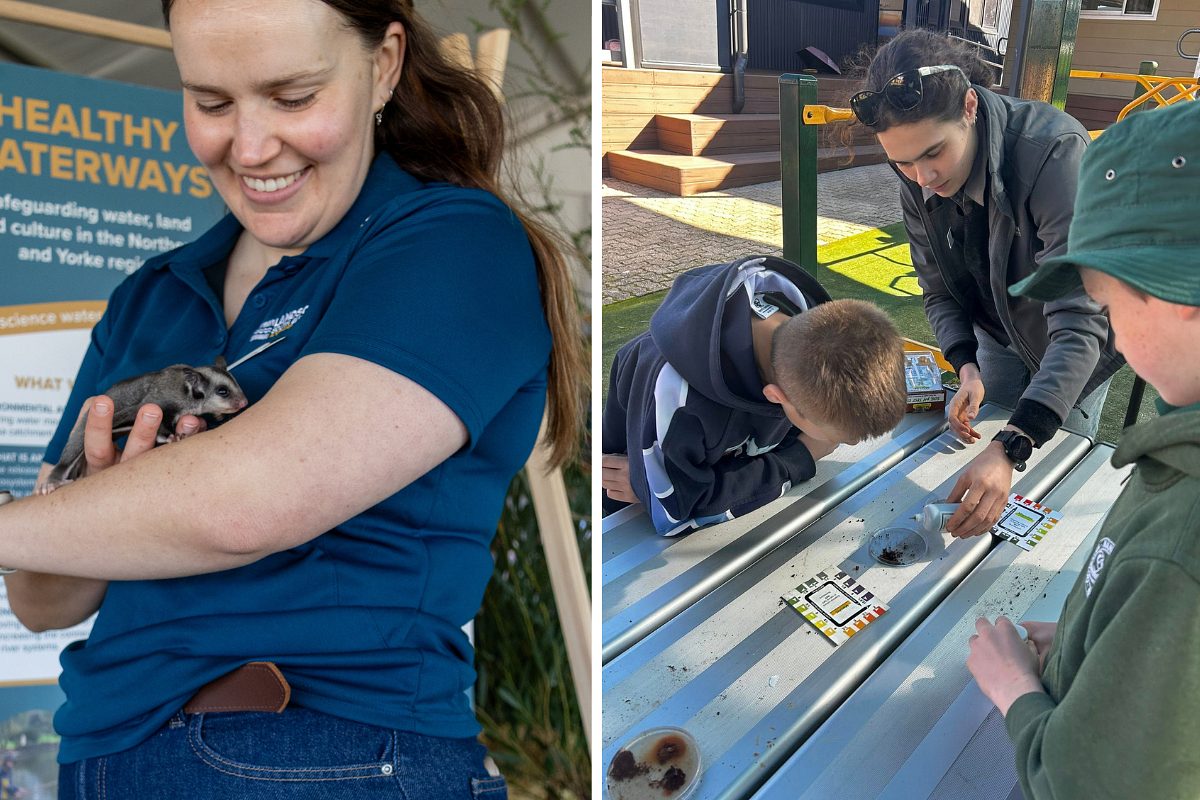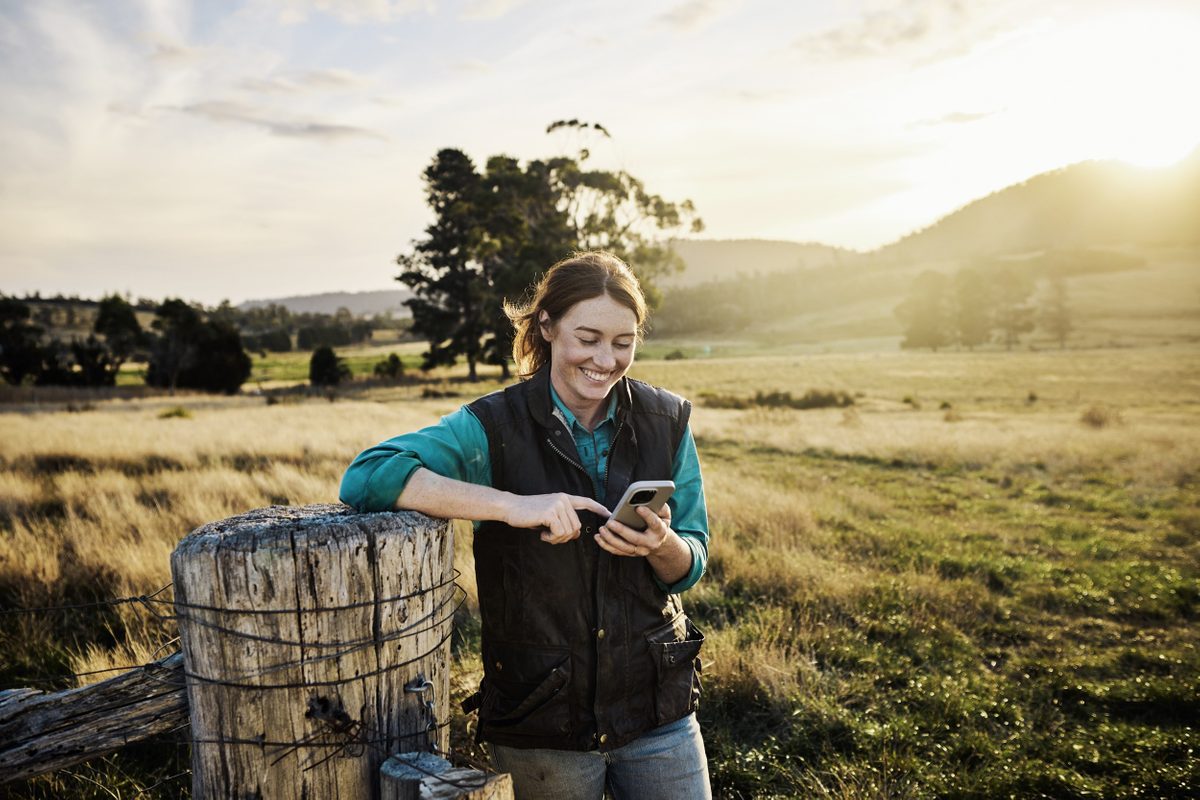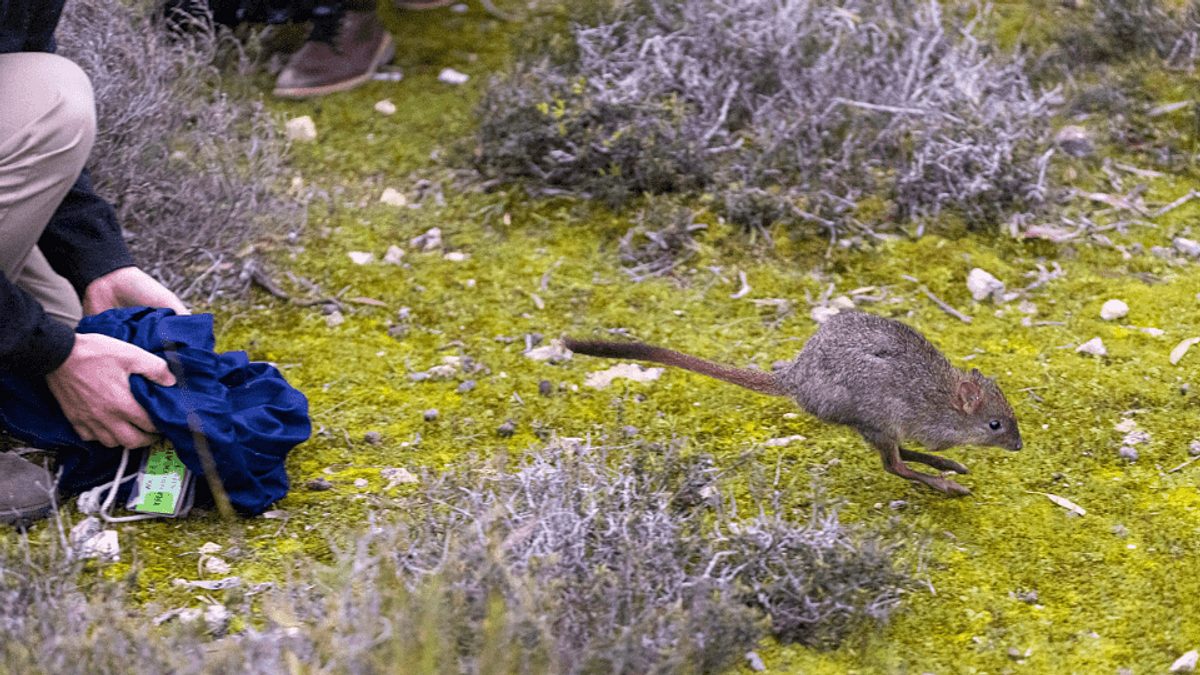Native wildlife thrives with reduction in fox numbers
Natural Resources Northern and Yorke staff are once again joining forces with landholders across Southern Yorke Peninsula to roll out the Baiting for Biodiversity fox control program.
Natural Resources Northern and Yorke Landscape Ranger Van Teubner said that benefits to lambs and threatened native species are one of the key outcomes of increased pressure on predator numbers across the project area.
“The Baiting for Biodiversity program protects native animals, birds and reptiles across southern Yorke Peninsula – a biodiversity hotspot – while also benefitting the agricultural sector,” Mr Teubner said.
“Foxes have not only played a major part in the decline of native fauna such as ground nesting birds, small mammals and reptiles, they also cause economic losses to poultry and livestock producers.”
Mr Teubner said that the outstanding results already achieved would not have been possible without landholder involvement to undertake widespread fox control across southern Yorke Peninsula.
“Landholder support is pivotal to programs such as Baiting for Biodiversity, and the involvement of the southern Yorke Peninsula community has been integral to its continued success,” Mr Teubner said.
“The program paves the way for more exciting landscape scale management opportunities, such as the much anticipated ‘Great Southern Ark: Rewilding Southern Yorke Peninsula’ project.”
“The ultimate aim is a more sustainable ecosystem that enhances biodiversity and agriculture.”
Fox baits will be laid on many properties within the project area between 19 February and 27 April. Discounted baits will also be offered across the entire Yorke Peninsula to promote simultaneous baiting.
The last round of fox baiting on Yorke Peninsula saw a relatively high bait take of 60%, which can be largely attributed to the increased fox cubs that arose from the mouse plague in 2017. Regular and consistent baiting is currently required to keep these increases in check.
Warning: 1080 is highly toxic to domestic dogs. To protect your dog, adhere to warning signs and ensure your dog does not gain access to baited properties.
This project is being delivered by Natural Resources Northern and Yorke as part of the Naturally Yorke initiative through funding from the Australian Government.
For more information please contact Natural Resources Northern and Yorke on 8841 3444 or email DEW.NRNY@sa.gov.au.


